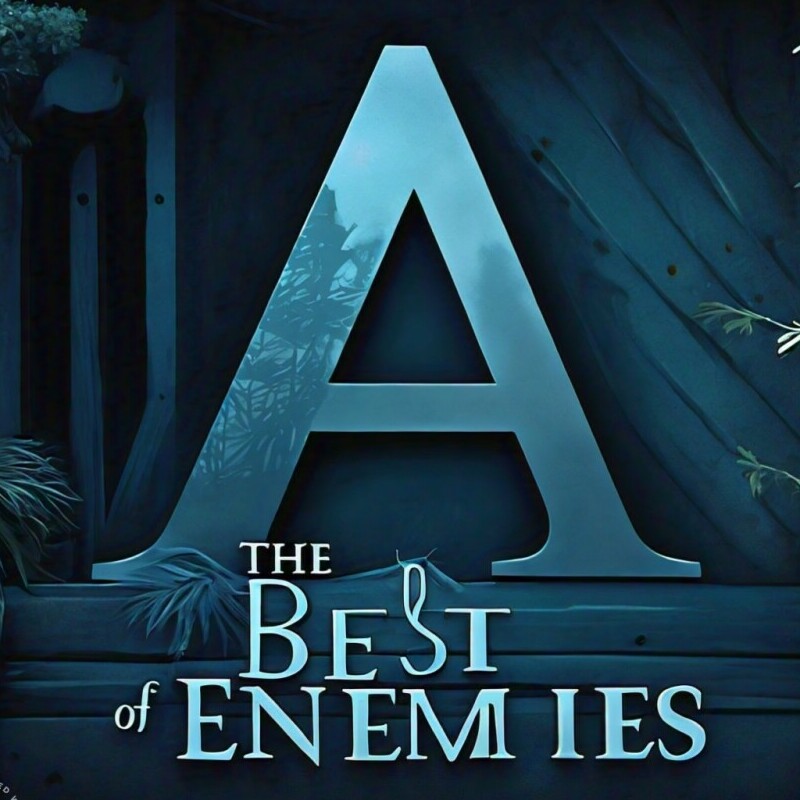
CHAPTER 14
I often come across the perplexing concept of economic interdependence in warfare when researching economic history. It’s a phenomenon where nations find themselves financially entangled with their adversaries, and it’s not a new tactic. The idea is to build a relationship so intertwined that both parties stand to lose should conflict arise.
Historically, this tactic has deep roots. There have been situations where countries, on the brink of conflict, have had robust trade relations with their would-be enemies. It’s a paradox that ties nations together in a silent promise of mutual destruction should one turn against the other.
But it’s not just countries involved in such dealings. Private entities often play a significant role, sometimes to the extent of influencing foreign policies. These actions can occur with the implicit or explicit consent of national governments, leading to a complex web of relationships that can be difficult to unravel.
What makes this dynamic particularly intriguing is the delicate balance it requires. On one hand, engaging in trade with potential adversaries could be seen as enabling or even appeasing them. On the other hand, it constructs a form of deterrence based on mutual economic benefit.
However, the ethical lines become blurred when one dives into the specifics of such arrangements. It raises fundamental questions about the role of commerce in international relations and whether economic gain justifies building bridges with those who may not share the same values or long-term goals.
Conspiracies in Economics: Insights from ‘The Creature from Jekyll Island’

When I crack open the spine of ‘The Creature from Jekyll Island’, I’m not just leafing through pages of historical economics; I’m unraveling a narrative that is as controversial as it is compelling. Chapter 14 comes with a load of ‘conspiracies,’ insinuating underhand dealings and covert partnerships that, if true, could reshape our comprehension of global finance. Now, I say ‘if true’ because we tread a line between substantiated fact and conjectured inferences here.
The book does an incredible job of drawing us into doubts and speculations about the very foundation of our monetary system. It speaks of cabals and clandestine gatherings, of powerful men deciding the fate of nations over a poker game. Applying these conspiracies to the context of funding our so-called enemies paints a picture of a chess game played with real economies. It suggests not just covert alliances but a deliberate intertwining of fates.
Why is this important? Well, if the past has shown us anything, it’s that economic pacts often precede political stability or fallout. The idea that some of the most impactful global events could have been steered by an invisible hand is not just alarming; it’s a call to assess how economies are manipulated under the guise of competition. The impact of these strategies on global stability is profound, and the ‘conspiracies’ from the book serve as a reminder that not everything in the sphere of international relations is as it appears. They force us to question and evaluate the true motives behind economic policies and their impact on international peace and conflict.
Such examinations and parallels compel us to put on our skeptic’s hat and look beyond what’s presented to us. It calls for a vigilant and educated populace that can discern the truth from cloaked machinations. It’s not about inciting baseless paranoia, but instilling a healthy dose of critical inquiry. Understanding these dynamics could be the key to preempting potential crises and ensuring a more stable, peaceful world economy.
Charting a Responsible Path Forward: Ethical Considerations and Policy Implications
I’ve outlined an intriguing perspective on how economic interests can, puzzlingly enough, bind nations and their potential foes in a close dance of commerce and conflict. But recognizing this paradox isn’t where the conversation ends. It’s where the truly critical discussion begins. Each financial entanglement with a potential adversary carries with it a moral and ethical responsibility. How do governments, and the corporations that often act as semi-independent foreign policy agents, negotiate the tightrope between fostering economic growth and ensuring global security?
Crafting responsible policies is a challenge. Ensuring that economic cooperation doesn’t undercut a nation’s security needs is not a matter of simple choices. It demands ongoing scrutiny, vigorous debate, and a commitment to transparency. Policymakers must grapple not only with the immediate benefits of foreign investment and trade but also with the potential long-term fallout. Their decisions can have rippling effects—strengthening adversaries unintentionally, compromising their own nations’ geopolitical stance, or even disrupting global stability.
To avoid the pitfalls of economic entwinement with adversaries, a comprehensive, internationally recognized set of guidelines becomes necessary. Such guidelines would encourage open, ethical trade practices, undergirded by a clear understanding of what constitutes an unacceptable risk to national and global security. This is not to suggest a retreat into protectionism. Rather, it’s a call for strategic, principled engagement in international commerce.
In essence, the choice isn’t between trade and security. The heart of the matter is building a framework for trade that strengthens rather than undermines security. Through a careful calibration of interests, rooted in an ethical foundation, we can move towards a global economy that fosters cooperation without inadvertently arming future conflicts. Such an approach is not only possible; it’s imperative for the sustainable prosperity and peace of our interconnected world. Just look at Russia, China, Iran, Iraq, Afghanistan,and host of other so called enemies, could they be the best enemies money can buy?
Chapter 13 Masquerade In Moscow
Chapter 15 The Lost Treasure Map
